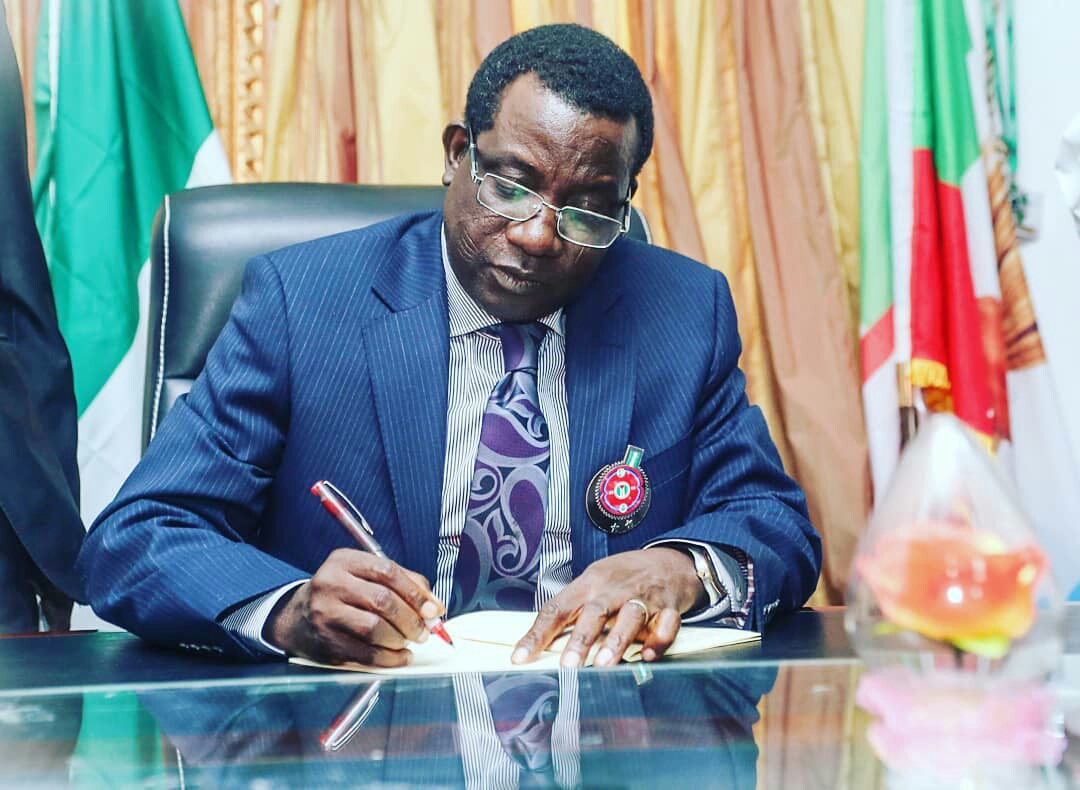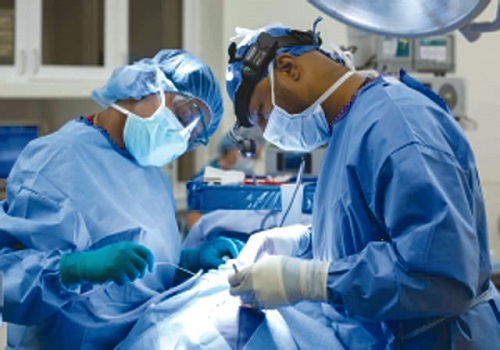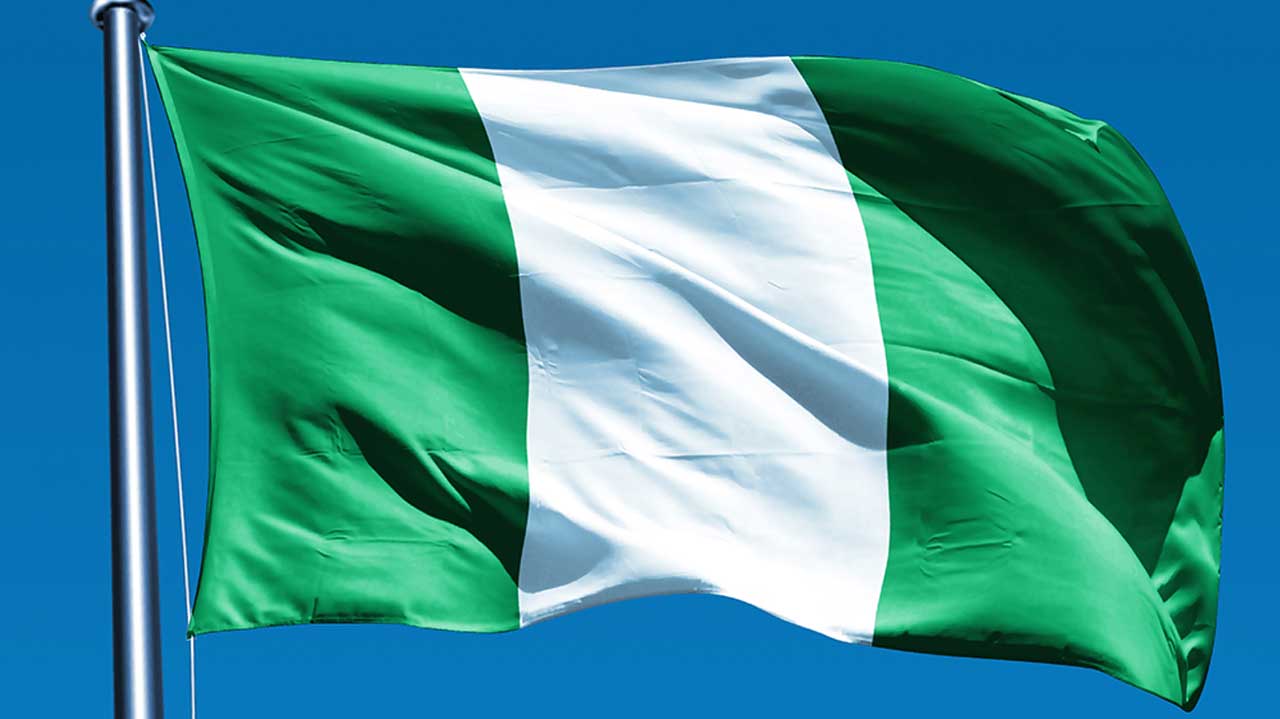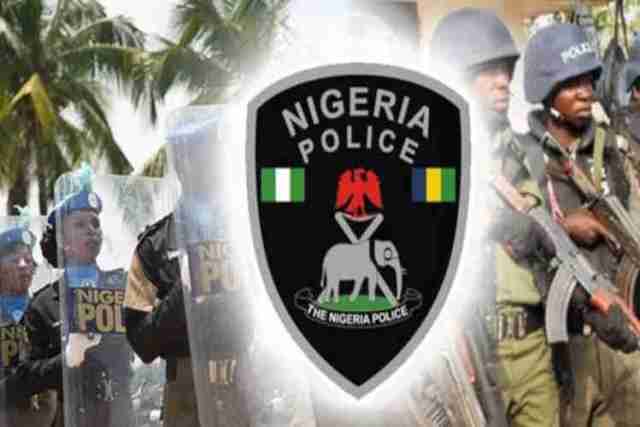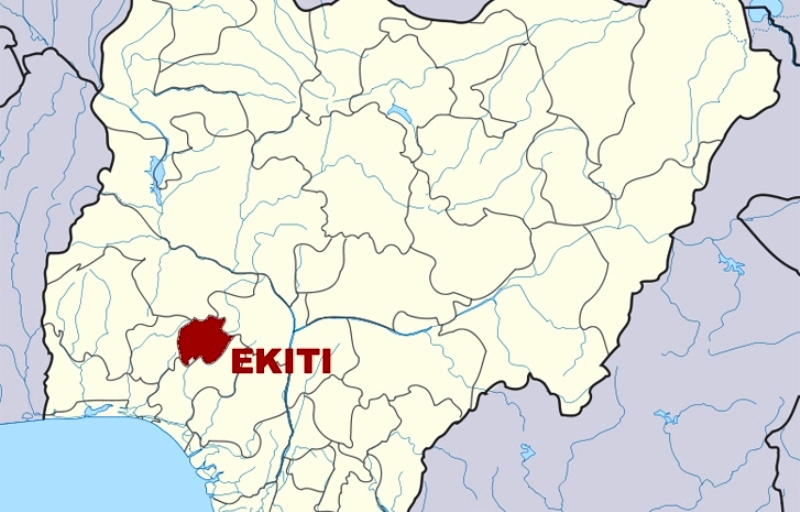Statement on the Nigerian Crisis
Well before the Federal Government announced the ban on the microblogging platform, Twitter, on Friday June 4, 2021, its preference for heavy-handed and bellicose approach to public issues had become a matter of serious concern to citizens at home and abroad. Strikingly, this attitude is proceeding in the face of widespread insecurity, lack of economic opportunity, especially for young people, widening state-society disconnect, leading to deepening disaffection, growing immiseration, and socio-political ills too numerous to count.
We, the undersigned, have collectively reflected on the current state of affairs in the country and consider it an act of public service to take a stand by speaking directly to the government.
The immediate trigger for the Twitter ban was the platform’s deletion of a tweet posted on President Muhammadu Buhari’s handle, it having judged the tweet as not abiding by its policy.
However, long before this incident, on which the dust is yet to settle, the government has exhibited a willingness to censor public debate, especially on social media. The proposed but defeated Social Media Bill of 2019 was an early signal of this position. In the aftermath of the #EndSARS protests of October 2020, the Minister for Information, Mr. Lai Mohammed, publicly declared that social media must be “regulated” in order to prevent the spread of “fake news.”
Several media outlets and public commentators have identified a pattern between this official position and repeated and coordinated attempts at guiding personal access to telecommunications data through registration of NIN and other directives to telecommunications companies.
There is a sense in which Nigeria as a country is going through a long, transitional period of democratic awakening, considering that the Fourth Republic marks the first sustained span (of twenty-two years) of civilian rule since independence. From this perspective, it is understandable that different aspects of society–political, economic, religious, and the like–come to belated awareness of its intrinsic value and significance. What appears like disorder from a purely statistical or empirical point of view could then be perceived as a civilian body politic, a system of rule of law, slowly renewing itself away from the predatory, psychological violence of military rule.
However, as the government under President Buhari has shown, a civilian government does not automatically make for a rule of law regime, or a democracy underpinned by the separation of powers marked by a just, humane, and transparent conduct of government. If the actions of the current government are anything to go by, a civilian government is clearly and unceasingly reversing the gains of nearly three decades of public-spirited citizens holding the government of the day to standards of democracy, whether such a government is led by a soldier or by a civilian.
While campaigning for office, President Buhari presented himself as a “born-again democrat” and, once elected, swore to abide by the Nigerian Constitution. On the contrary, most of his actions and public positions as regards individual freedoms are unmistakably those of a dictator. He seems to act speedily only when there is a political enemy to be punished, retreating into a habitual lethargy as soon as the threat is eliminated. To many people within and without Nigeria, the Buhari of 2021 is different from the Buhari of 1984 only to the extent that the latter is older and not wearing khaki!
This state of affairs is unacceptable, but it is not inevitable. Clearly, on the evidence of the global response to the Twitter ban, the government cannot hope to get away with this willful traducement of individual rights that are enshrined in the constitution.
The first step toward checking this situation is to insist on the primacy of the separation of powers between the three arms of the government, and the practical checks and balances it affords. The current national assembly is alarmingly in lockstep with the executive, merely rubberstamping the latter’s propositions, and for all practical purposes sitting idly by at a time of serious national emergency. The judiciary seems astonishingly rudderless, proof of which is to be found in a variety of anomalous developments, the most recent being a strike by federal judicial workers, which went on for weeks.
Secondly, in bourgeois-liberal terms, the media are recognized as the “fourth estate,” with the intellectual and professional wherewithal to forestall acts of executive lawlessness, and failing that, sensitize the public to embracing means of redressing such acts. Although the press in Nigeria has an impressive history of standing as a vanguard of public interest, of recent it has lost its old luster. Of note is the general decline in the quality of public discourse and the susceptibility of media to misinformation, driven no doubt by the nature of new technologies of dissemination. Rather than bemoan this state of things or roll out censorious requirements, a truly democratic system should see in it an opportunity for a vibrant public sphere where, as the saying goes, the cream will rise to the top.
Thirdly, we have those who see the current Constitution as flawed, and have called for its overhaul. Such calls have even assumed the approach of insisting on “restructuring.” Although the exact parameters of such restructuring would need to be worked out, we support the broad principle of restructuring in so far as it is meant as a holistic national conversation and makeover to address, and where possible repair, undeniable historical injustices, unhealed historical injuries of war and colonial and postcolonial political configurations, socioeconomic inequities, and sundry structural imbalances. While no constitution is perfect, there is a sense in which the current geopolitical structure of the country, founded on the juridical principles of the 1999 constitution, and polices arising therefrom, unduly concentrates power at the center, to the detriment of the states and other constituent units. Restructuring, properly defined and stripped of political posturing, needs to be taken seriously, but restructuring is only one of several necessary interventions needed to rescue and reinvigorate the union.
We are of the view that a transparent and consistent pursuit of the principles in the first two items serves as a starting point in addressing these ills, i.e., lack of separation of
powers; the degraded- and degrading- quality of public discourse in the media; and the persistent, if sometimes confusing, agitation for “restructuring.” This is because, in the final analysis, among the most important duties of a government is the guarantee of the safety of its citizens and their individual freedoms. On this count, the Buhari government has failed woefully, and the responses of its officials have been divisive, high-handed, and insensitive. A more equitable Constitution stands to improve the discharge of these duties, but the task of stemming the tide of widespread insecurity, political disorder, and lack of economic opportunity cannot wait.
President Buhari and his officials swore to uphold the Constitution as it is. Their first task is to keep their oath of office, and this should not be done at the expense of the interests and rights of the citizens. So far, they have done little to dismiss fears in certain circles that fidelity to the oath of office is secondary in their calculations.
To the proliferating calls in certain quarters for the dissolution of the union, we have two responses. First, centrifugal, separatist, and other varieties of self-determination agitation are not in and of themselves dangerous and should not be criminalized as seditious, traitorous sentiments to be violently crushed. Such agitations, which are legitimate expressions of the internationally recognized right to self-determination and are understandable products of justifiable disillusionment with the deepening dysfunction, should be handled delicately, so as not to inflame a volatile polity and so that we can separate legitimate and thoughtful struggles for regional autonomy, local developmental freedoms, and alternative national aspirations from bellicose nationalist posturing.
Second, we are blessed with an incredibly rich, vibrant, complex and productive country that is worth preserving and reforming in the direction of justice, inclusion, and equity. It is true that these potentials have been routinely wasted, undeveloped, when not made to serve narrow sectional or parochial interests. The more creative option to salvage our broken nation, we are convinced, is to work for a positive change for the benefit of all, now and for the future. It is such resolve that has seen the country weather previous periodic storms, and there is nothing unusual or insurmountable about our problems. It is in this spirit that we issue this statement. Nigeria is ours to make.
Abimbola Adelakun, The University of Texas at Austin
Akin Adesokan, Indiana University
Kunle Ajibade, The News, Lagos
Ebenezer Obadare, University of Kansas
Moses Ochonu, Vanderbilt University
Olufemi Taiwo, Cornell University
Olufemi Vaughan, Amherst College
Jacob Olupona, Harvard University
Simeon Ilesanmi, Wake Forest University
James Yeku, University of Kansas
Oka Obono, University of Ibadan
Farooq Kperogi, Kennesaw State University
Toyin Falola, University of Texas at Austin
Akanmu Adebayo, Kennesaw State University 4
Adedoyin Ogunfeyimi, Dartmouth College at Hanover
Peyibomi Soyinka-Airewele, Ithaca College
Samuel Zalanga, Bethel University, Saint Paul, Minnesota
Ainehi Edoro-Glines, University of Wisconsin-Madison
Mojúbàolú Olufúnké Okome, Brooklyn College, CUNY
Rotimi Suberu, Bennington College, Vermont
Oyeronke Oyewumi, Stony Brook University, New York
Tade Ipadeola, The Khalam Collective, Ibadan
Saheed Aderinto, Western Carolina University
Ibrahim Abdullah, Fourah Bay College, Freetown
Asonzeh Ukah, University of Cape Town
Iruka Okeke, University of Ibadan
Jibrin Ibrahim, Centre for Democracy and Development, Abuja
Niyi Afolabi, University of Texas at Austin
Chiedo Nwankwor, Johns Hopkins School of Advanced International Studies
Cajetan Iheka, Yale University
Nimi Wariboko, Boston University
Nwando Achebe, Michigan State University
Akin Ogundiran, University of North Carolina, Charlotte
Omolade Adunbi, University of Michigan
Rita Kiki Edozie, University of Massachusetts-Boston
Sa’eed Husaini, Centre for Democracy and Development, Abuja
Biko Agozino, Virginia Techs
Folu Ogundimu, Michigan State University
Funso Afolayan, University of New Hampshire
Tola Olu Pearce, University of Missouri, Columbia
